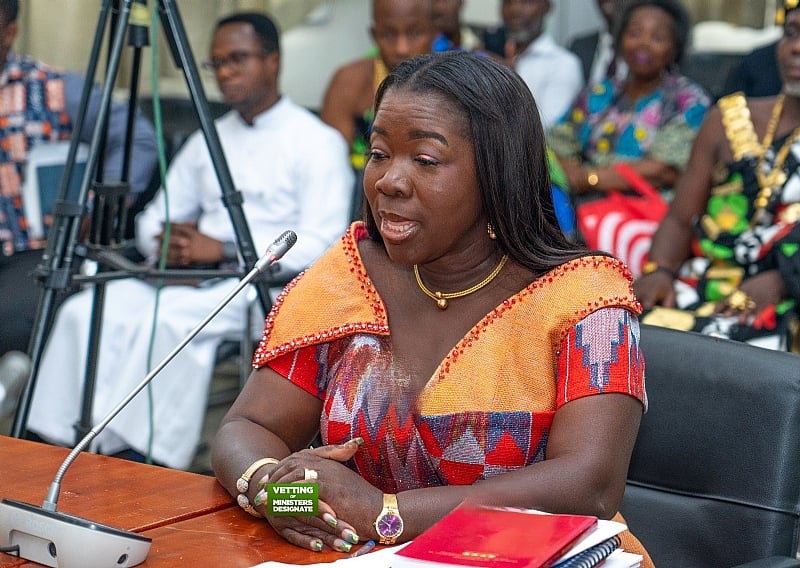The Komenda Sugar Factory, a symbol of Ghana’s ambition to achieve self-sufficiency in sugar production and bolster local employment, stands as a monument to unrealized potential. Commissioned in 2016 with considerable national investment, the factory has been plagued by operational inconsistencies, leading to periods of inactivity and a continued reliance on expensive sugar imports. Elizabeth Ofosu-Adjare, the Minister-Designate for Trade, Agribusiness, and Industry, has identified the revitalization of this dormant giant as a key priority, aiming to unlock its capacity and curb Ghana’s dependence on foreign sugar. Her assessment of the situation highlights the core issues hindering the factory’s success: a critical shortage of raw materials, missing essential components, and unresolved operational challenges that require immediate attention.
Ofosu-Adjare’s commitment to the factory’s revival stems from a clear understanding of its economic significance. Ghana’s annual sugar import bill, estimated at around $500,000, represents a substantial drain on national resources. This expenditure, she argues, could be redirected towards internal development and job creation if the Komenda Sugar Factory were operating at its intended capacity. By producing sugar domestically, Ghana could not only save valuable foreign exchange but also stimulate economic growth in the surrounding communities, providing much-needed employment opportunities and boosting local economies. The factory’s potential to contribute to national food security, reduce import dependency, and generate revenue makes its resuscitation a matter of national importance.
The challenges facing the Komenda Sugar Factory are multifaceted. The insufficient supply of sugarcane, the primary raw material, presents a significant bottleneck to consistent production. This shortage necessitates a comprehensive strategy to ensure a reliable and sustainable supply chain, potentially involving collaborations with local farmers, investment in sugarcane cultivation, and the implementation of efficient harvesting and transportation logistics. Furthermore, the absence of critical parts hampers the factory’s operational efficiency, necessitating a thorough assessment of the missing components and their timely procurement. Addressing these material deficiencies is crucial for establishing a stable production cycle.
Beyond the physical limitations, operational challenges also plague the factory’s functionality. These challenges likely encompass technical issues, managerial shortcomings, and potentially inadequate training of personnel. A comprehensive evaluation of the factory’s operational framework is essential to identify and rectify these issues, optimizing processes, improving efficiency, and ensuring smooth and uninterrupted production. This evaluation should encompass all aspects of the factory’s operations, from sugarcane processing to sugar packaging and distribution.
Ofosu-Adjare has acknowledged previous financial allocations aimed at resolving the factory’s problems. However, the persistent issues suggest that these funds may not have been utilized effectively or that the underlying problems were more complex than initially anticipated. The minister-designate has emphasized the need for a thorough assessment of the factory’s current state, including its financial health, operational capacity, and the extent of the required repairs and upgrades. This evaluation will serve as the foundation for a comprehensive revitalization plan, ensuring that future investments are targeted and effective.
The revival of the Komenda Sugar Factory is not merely an economic imperative but a symbolic gesture of Ghana’s commitment to self-reliance and industrial growth. It represents an opportunity to transform a struggling asset into a thriving contributor to the national economy. By addressing the root causes of the factory’s challenges – the raw material shortage, missing parts, and operational inefficiencies – and by implementing a well-structured revitalization plan, Ghana can unlock the factory’s potential and pave the way for a future where domestically produced sugar satisfies local demand, strengthens the economy, and creates opportunities for its citizens. The success of this endeavor hinges on a concerted effort from all stakeholders, including government agencies, private investors, local communities, and the factory’s workforce, working together to transform the Komenda Sugar Factory into the engine of growth it was envisioned to be.














